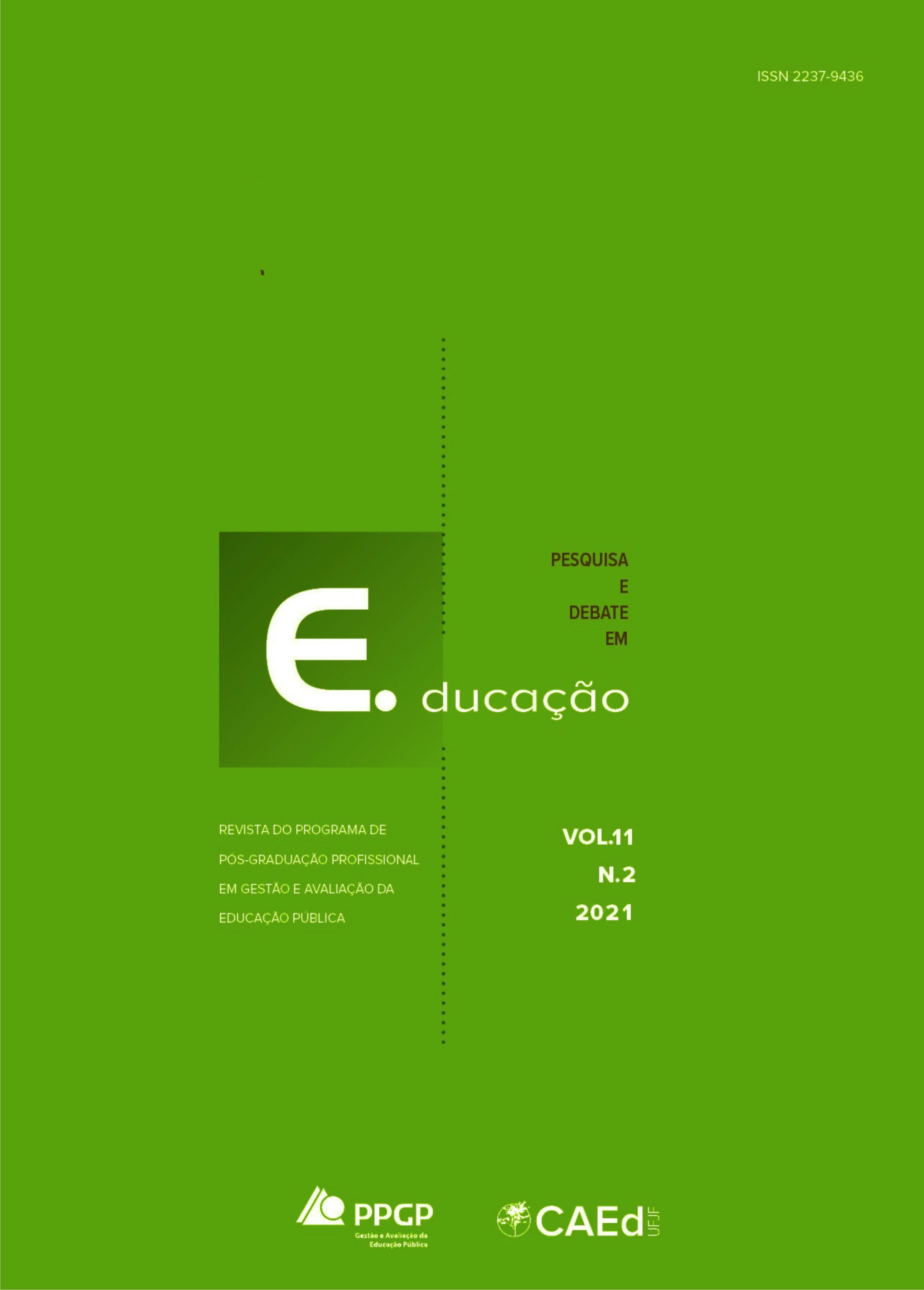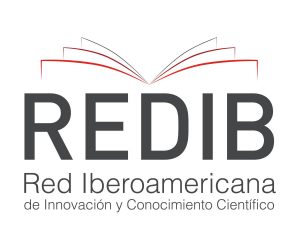“School without party”
science and teaching between the dock and the inquisitorial bonfire
DOI:
https://doi.org/10.34019/2237-9444.2021.v11.32859Keywords:
School without a party, Ideology, Science, EducationAbstract
The objective this study is to perform an analysis of the project "School without party" and its implications for science and teaching practice. Although it presents itself as exempt from and against ideology and parties, the research demonstrates that the project is only an ideology that takes the form of deideologization to better pass and meet the interests of certain subjects, groups and class. The results indicate that, in the person of the teacher, it is the very science that is accused, judged and convicted, placed between the dock (criminalized) and the inquisitorial bonfire (demoralized and anathemed). Hence the teacher is treated, concomitantly, as criminal, degenerate and, mainly, political, moral and sexual degenerate. Under the philosophical-scientific appearance of the neutrality and pluralism of the project, it hides nothing less than its (neo)obscurantist and autocratic character, subjecting the teaching-scientific practice to mere opinion.
Downloads
References
BORDIEU, Pierre. Questões de sociologia. Rio de Janeiro: Editora Marco Zero Limitada, 1983.
CARLI, Ranieri. György Lukács e as raízes históricas da sociologia de Max Weber. Rio de Janeiro: Lumen Juris, 2013.
KICIS, Bia. PL 246/19. Disponível: https://www.camara.leg.br/proposicoesWeb/prop_mostrarintegra;jsessionid=F5B398EA16306324F10274655227B6FC.proposicoesWebExterno2?codteor=1707037&filename=PL+246/2019. Acesso em: 10 out. 2020.
DURKHEIM, Émile. Da divisão do trabalho social. São Paulo: Martins Fontes, 1999.
DURKHEIM, Émile. As regras do método sociológico. São Paulo: Editora Matin Claret, 2003.
ESPINOSA, Betty R. Solano e QUEIROZ, Felipe B. Campanuci. Breve análise sobre as redes do Escola sem Partido. In: FRIGOTTO, Gaudêncio (org.). Escola “sem” partido: esfinge que ameaça a educação e a sociedade Brasileira. Rio de Janeiro: UERJ, LPP, 2017, pp 49-62.
FRIGOTTO, Gaudêncio (org.). Escola “sem” partido: esfinge que ameaça a educação e a sociedade Brasileira. Rio de Janeiro: UERJ, LPP, 2017.
LUKÁCS, György. Para uma ontologia do ser social, Vol. II. São Paulo: Boitempo, 2013.
MARX, Karl e ENGELS, Friedrich. A ideologia alemã. São Paulo: Boitempo, 2007.
MÉSZÁROS, István. O poder da ideologia. São Paulo: Boitempo, 2004.
WEBER, Max. A ética protestante e o espírito do capitalismo. São Paulo: Companhia das letras, 2004.
WEBER, Max. Ciência e política: duas vocações. São Paulo: Editora Cultrix, [2017?].
Downloads
Published
How to Cite
Issue
Section
License
Copyright (c) 2021 Israel Pereira Dias de Souza

This work is licensed under a Creative Commons Attribution 4.0 International License.




















